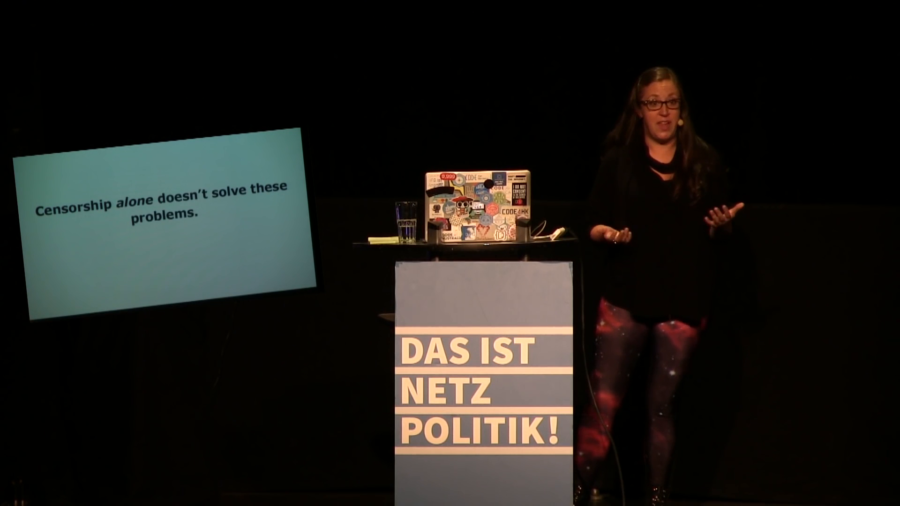A lot of the topics that we’re trying to “tackle” or trying to deal with on the Internet, we’re not actually defining ahead of time. And so what we’ve ended up with is a system whereby both companies, and governments alike, are working sometimes separately, sometimes together, to rid the Internet of these topics, of these discussions, without actually delving into what they are.
Jillian C York
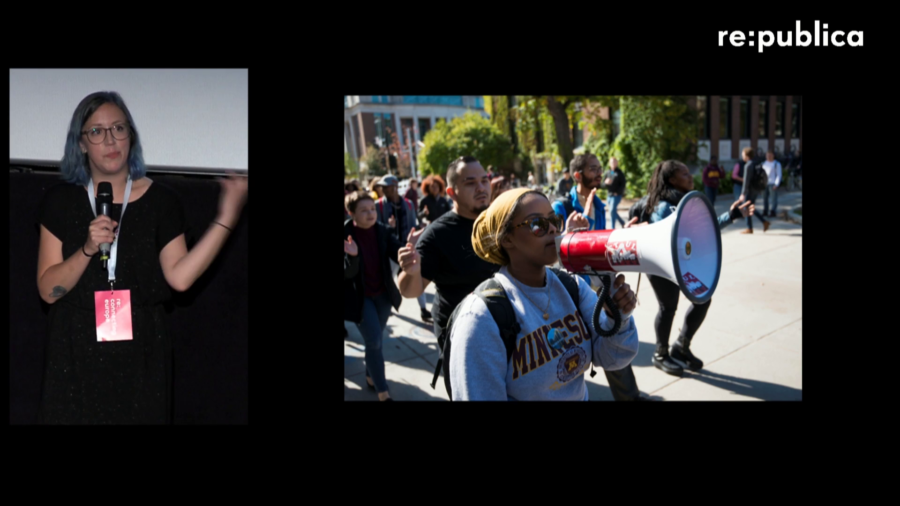
Dangerous speech, as opposed hate speech, is defined basically as speech that seeks to incite violence against people. And that’s the kind of speech that I’m really concerned about right now. That’s what we’re seeing on the rise in the United States, in Europe, and elsewhere.
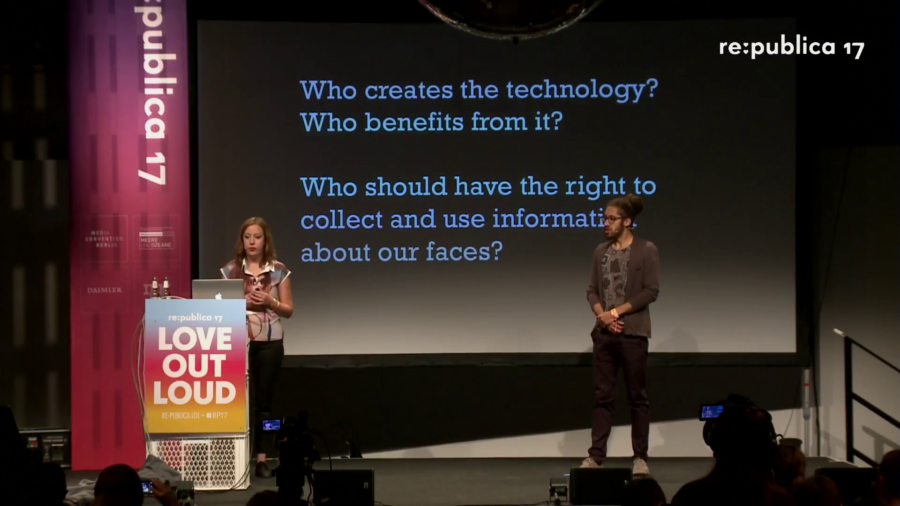
We have to ask who’s creating this technology and who benefits from it. Who should have the right to collect and use information about our faces and our bodies? What are the mechanisms of control? We have government control on the one hand, capitalism on the other hand, and this murky grey zone between who’s building the technology, who’s capturing, and who’s benefiting from it.
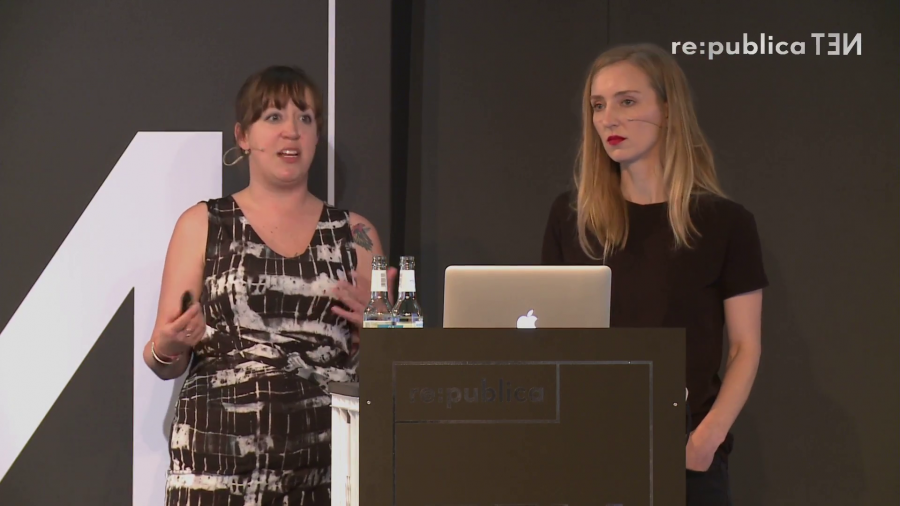
What we’re talking about today is how social media, and specifically Facebook because we’ve found that they have the strictest policies around this topic, how these social media companies censor art, and specifically nude art. We believe that nude art is an important part of our culture, an important part of our history, and an important part of our present.
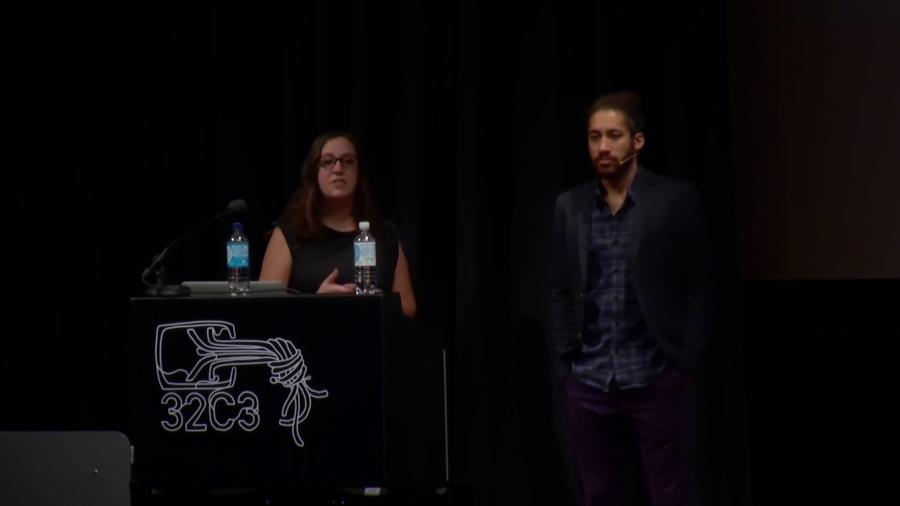
Social media companies have an unparalleled amount of influence over our modern communications. […] These companies also play a huge role in shaping our global outlook on morality and what constitutes it. So the ways in which we perceive different imagery, different speech, is being increasingly defined by the regulations that these platforms put upon us [in] our daily activities on them.

